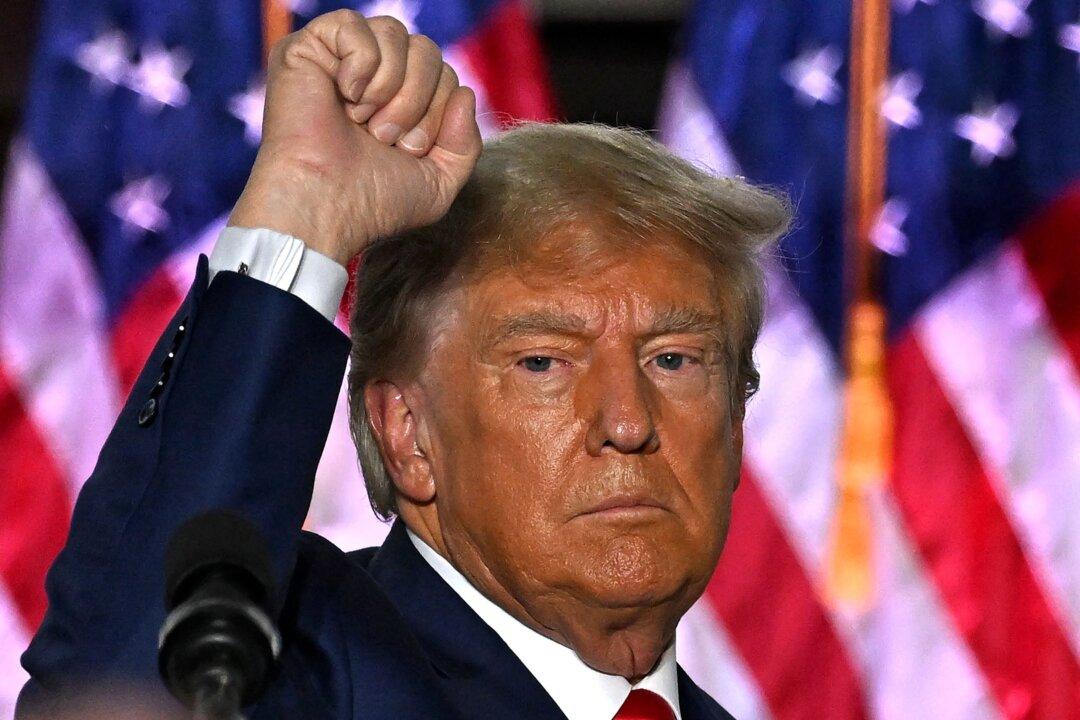A trial will begin on Oct. 30 in Colorado to decide whether the 14th Amendment will apply to former President Donald Trump, keeping him off the state’s primary ballot as he seeks to run for reelection in 2024.
On Sept. 22, President Trump filed a motion to dismiss the case, along with the Colorado Republican State Central Committee. On Sept. 29, he filed another motion to dismiss with additional Constitutional arguments. On Oct. 11, President Trump’s first motion was denied.





